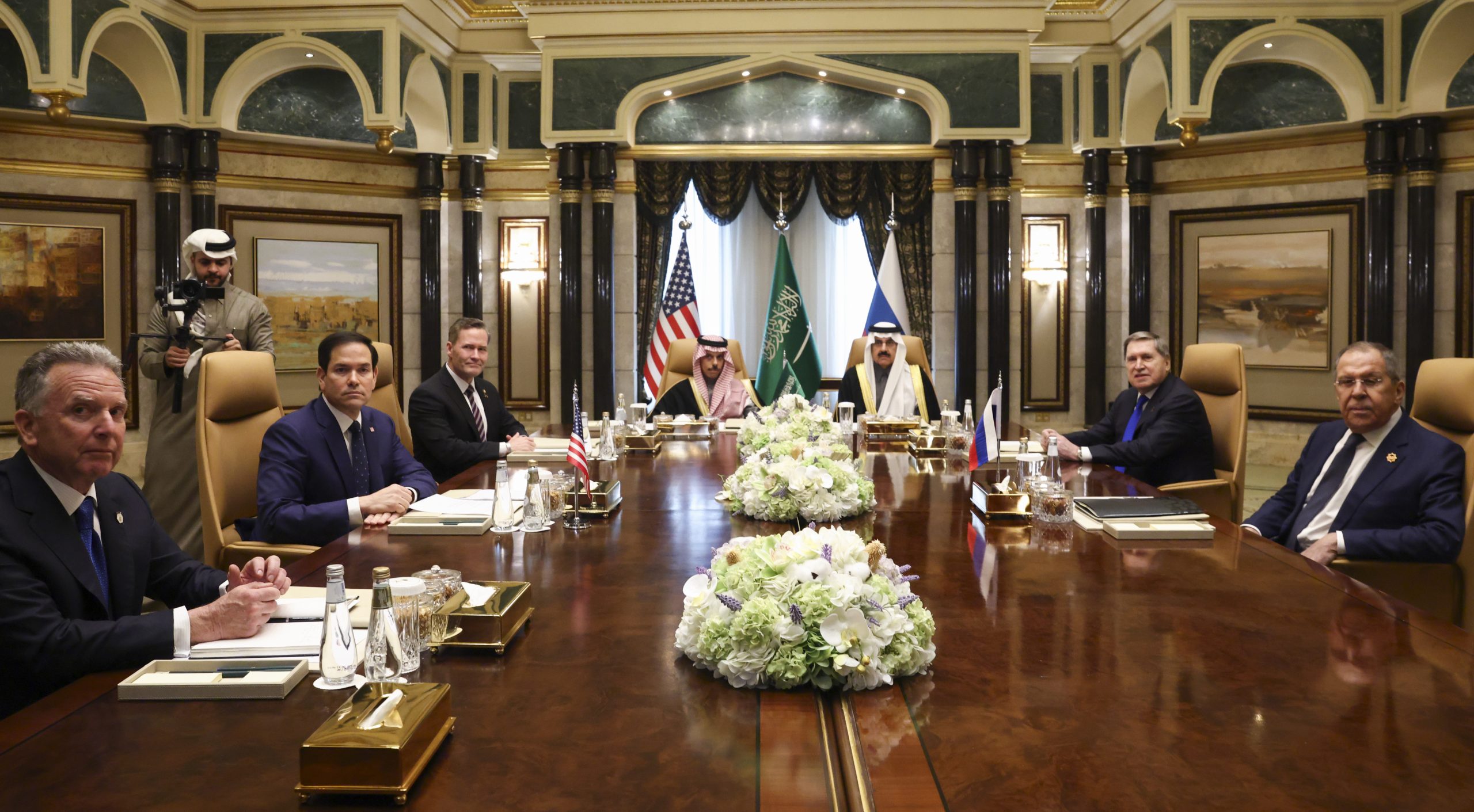The US-Russia rapprochement with the meeting in Saudi Arabia and the emerging developments concerning Ukraine pose a big question for the European Union.
What do we do now?
The choices aren’t infinite. Europe has welcomed the developments from a position of embarrassed weakness.
NATO may have been enlarged with Sweden and Finland, but it’s clearly not in a position to support Europe’s defense against the Russian threat.
Could something else take its place?
A full 62% of the respondents in the Metron Analysis poll published in To Vima today prefer an EU defense area. Only 28% seemed keen on sticking with NATO.
Still, however broad these majorities may be, there’s no doubt “European defense” is still an idea in its infancy.
But it’s worse than that. Because we’ve been talking about it for years, and nothing—or almost nothing—has been done to make it a reality.
Still, when the moment of truth arrives, it removes the need for endless, fruitless discussions. Even more so when the moment of truth coincides with zero hour for Europe.
It’s not going to be easy.
Especially since Macron’s consultations with most of European leaders in Paris (February 16-18) revealed a chaotic landscape of differing stances and positions.
So, for better or worse, Europe does not seem ready to start planning for its defense. And if Europe is having difficulties planning, how much harder is it going to be to implement non-existent plans.
Obviously, decades of delays and inaction have now come home to roost.
But there’s no two ways around it. Whether it wants to or not, Europe has to face up to the facts. With the pragmatism it has shown in its most creative moments. And setting aside national egotisms, which it something else the continent has shown itself capable of at its best.
It’s a difficult equation to solve. Because you can announce you’re going to transcend the “Euro-Atlantic axis” and form a European defense space, but until that space is formed, Europe cannot live without defense.
A tough equation means tough decisions. The solutions aren’t out there, served up on a plate.
Which is why the European Union needs to make up for lost time, despite the difficulties and the disagreements.
It’s just that the search for lost time is never an easy business.



